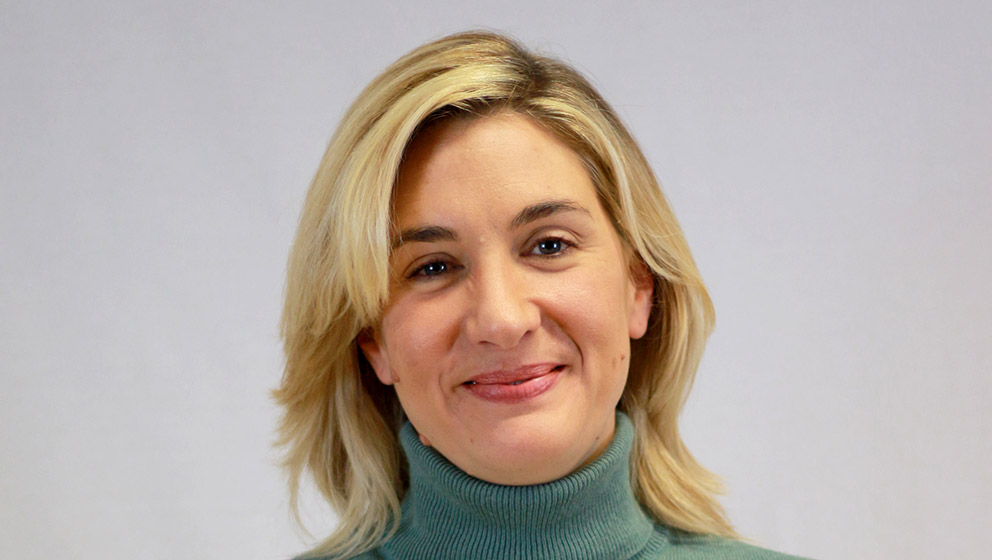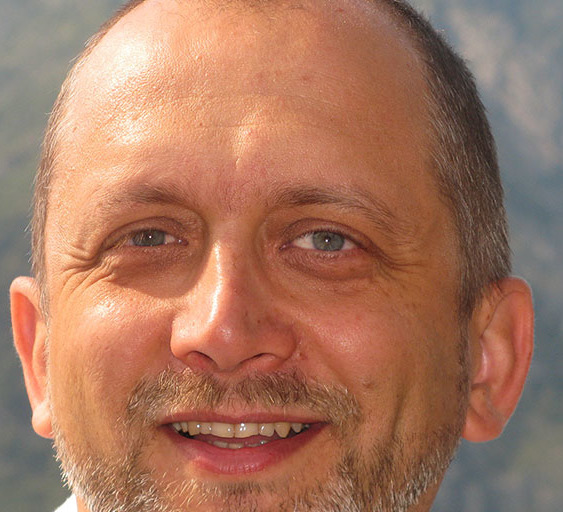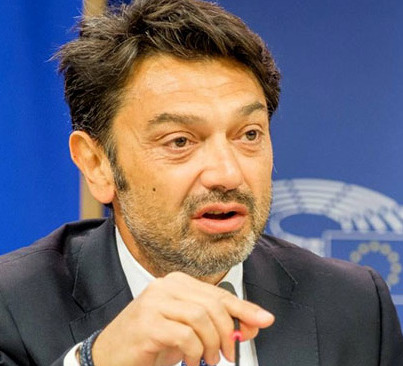Meet the experts. Higher Education Internationalizations VS COVID-19 - Léa Senn, Università Cattolica del Sacro Cuore

LÉA SENN is Associate Director of International Education and is responsible for inbound mobility programs and international student admissions for all 4 University campuses (Milan, Rome, Piacenza and Brescia).
As the crisis unfolded in its early stage, what were the main challenges the unit faced?
The first thing we felt we needed to do was find a voice, a tone, that would define our messaging while communicating with our community. Due to the assault of individual inquiries, and emails from students and our partners, we could not provide one-to-one answers, especially because the questions were generally the same. We sorted, filtered, and consolidated our answers based on the predominant concerns and questions we received and would “package” our answers which we would send out to our community at large.
It was also difficult to give specifics, or even answers, as the situation changed and evolved every day. The messaging also had to be coordinated with the rest of the University, thus sometimes delayed sending time, so we would end up sending information that in some instances was already outdated and no longer pertinent.
How did the move to online teaching and learning come about, and how were the services to international students managed when the campus closed to the public?
We do not have much experience with online teaching and learning, so making the switch was challenging. Well, first we were hoping that the online part would be a short-term solution to make it through the first couple of weeks of the semester until the campus reopened. Eventually, the courses would be held online for the entire semester as students started leaving to get back home. Generally, the faculty was favorable although not experienced in teaching online.
Many of our courses for international students are designed to showcase Milanese or Italian culture including site visits or more generally experiential learning, which is of course challenging to translate into an online format. Also, since we are for many a short-term study abroad experience, the “studying abroad” part is somewhat moot when you offer courses online, which also challenges interactions with other international students, etc. Our main objective though was to ensure that those students who did not have alternatives to recover their semester in terms of credits, would have an option with us. About 60% of our students are continuing their semester with us via online learning. As far as the services are concerned, well, we were all mainly focused on two aspects: 1. Getting the courses online started and getting the relevant information out; 2. Updating students and our partners on what was going on and keeping track of what our students were deciding, that is to stay or return home. We are now all working from home and slowly shifting our focus to the next Semester.
If you could give some advice to one of your colleagues from another university abroad who is facing the same situation, what would that suggestion be?
The key, I think, to managing a situation like this one, which hopefully will be unique, is managing your communications to your community. You get a sense of powerlessness as things spiral out of control and you also get overwhelmed by all the questions that your students and partners ask you when you do not have an answer to give most of the time.
So, you need a plan in managing those inquiries. Also, keep to what it is you know. It can sometimes be frustrating as you want to provide some reasonable advice, however we had to stick to the information we were getting from the local authorities no matter how vague they were. Also, relying on the rest of the team, running through the situation, discussing options, sharing perspectives, is essential. Each person in the office has a specialisation, an expertise, and therefore a particular understanding of the impact of the crisis on particular aspects of student and academic life. I honestly think this experience has strengthened our team.
Article featured on Worldbound, edition n.4-2020.


 Meet the experts. Higher Education Internationalizations VS COVID-19 - Gianluca Samsa, Università Cattolica del Sacro Cuore
Meet the experts. Higher Education Internationalizations VS COVID-19 - Gianluca Samsa, Università Cattolica del Sacro Cuore Meet the experts. Higher Ed Internationalizations VS COVID-19 - Gary Rhodes, California State University at Dominguez Hills
Meet the experts. Higher Ed Internationalizations VS COVID-19 - Gary Rhodes, California State University at Dominguez Hills Tech news. Riding the new digital wave - Giuliano Pozza (Chief Information Officer at Cattolica)
Tech news. Riding the new digital wave - Giuliano Pozza (Chief Information Officer at Cattolica) Faculty. Standing together for Science - Professor Roberto Cauda
Faculty. Standing together for Science - Professor Roberto Cauda Tech news. Riding the new digital wave - Federico Rajola, Director of ILAB (Center for Digital Innovation)
Tech news. Riding the new digital wave - Federico Rajola, Director of ILAB (Center for Digital Innovation) And the world stood still
And the world stood still Community engagement. Apart but not alone
Community engagement. Apart but not alone International students. Student voices from the lockdown
International students. Student voices from the lockdown Student mobility in the time of COVID-19. Corrado Cavalli, exchange student at Hanyang University (Seoul, South Korea)
Student mobility in the time of COVID-19. Corrado Cavalli, exchange student at Hanyang University (Seoul, South Korea) Student mobility in the time of COVID-19. Andrea Riccio, Exchange student at Groupe ESSCA Shanghai (Shanghai, China)
Student mobility in the time of COVID-19. Andrea Riccio, Exchange student at Groupe ESSCA Shanghai (Shanghai, China)